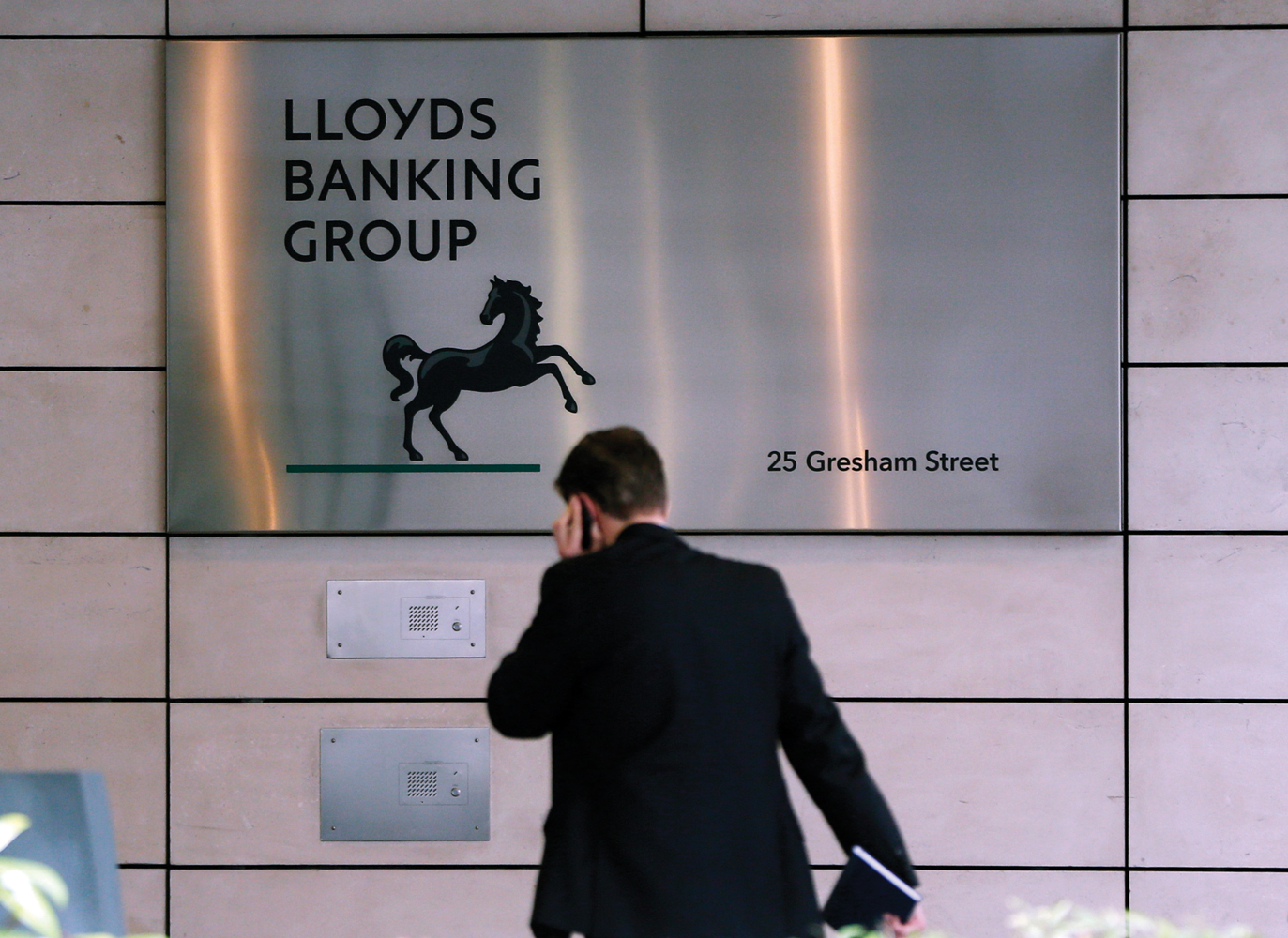News
Lloyds pre-tax profits dive 72 per cent as new CEO appointed

Lloyds Banking Group has suffered a 72 per cent drop in its profit before tax to £1.12bn following an increase in impairment charges due to uncertainty in the UK economy, its full-year results showed.
The bank put £4.2bn aside in impairment charges, up from £1.3bn last year.
However, the figure was lower than the £4.5bn to £5.5bn Lloyds Bank predicted it would need in July as the economy improved in the second half of 2020.
Lloyds said it expected the economy to continue stabilising in 2021 resulting in lower impairment charges for this year.
The bank’s net income also took a 14 per cent hit to £14.4bn and its net interest income (NII) dropped 13 per cent to £10.8bn. Lloyds said the decline in interest income was driven by lower rates and a change in its asset mix.

How to get your first-time buyer clients mortgage ready
Sponsored by Halifax Intermediaries
Overall, its net interest margin was 2.52 per cent for the year.
Mortgage book growth and borrower stability
Its mortgage book increased three per cent to £277.3bn its full-year results showed, with £6.7bn of that coming in Q4.
Lloyds said this reflected the strength of the property market which has seen heightened activity due to the stamp duty holiday and pent up demand following the reopening of the sector.
It did not give a figure for new mortgage lending issued in 2020.
The majority of its borrowers have recommenced mortgage payments following forbearance resulting from the pandemic showing a return to financial stability for its customers.
The results showed of the 489,000 mortgage holders with loans totalling £61.9bn who had paused payments, 428,000 borrowers with mortgage loans valued at £53.8bn had resumed.
Lloyds Bank’s mortgage book loan to value (LTV) average remained low in 2020 at 43.5 per cent, slightly down on the 44.9 per cent average in 2019.
Likely due to the lack of available high LTV products for the majority of 2020, just 0.3 per cent of its mortgage holders had a 0-10 per cent equity in their homes while 7.8 per cent had 80-90 per cent.
The average LTV for new business was higher than its total loan book at 63.9 per cent, a decline from an average of 64.3 per cent in 2019.
Antonio Horta-Osorio, outgoing executive director and group chief executive of Lloyds Banking Group, said 2020 was a challenging year for everyone, “but across the UK we saw people and communities come together to support each other and adapt to a completely new way of life.
“Despite the challenge of a global pandemic, our customer-focused business model enabled us to deliver a profit for 2020. Our results continue to demonstrate the strength of our customer brands, our balance sheet and our strategy.”
New CEO
Lloyds Banking Group also announced it appointed Charlie Nunn as its group chief executive and executive director, replacing Horta-Osorio who confirmed his resignation last year.
Nunn will take up the role on 16 August.
In the interim, William Chalmers, current group chief financial officer will take on the role of acting group chief executive when Horta-Osorio steps down on 30 April.

